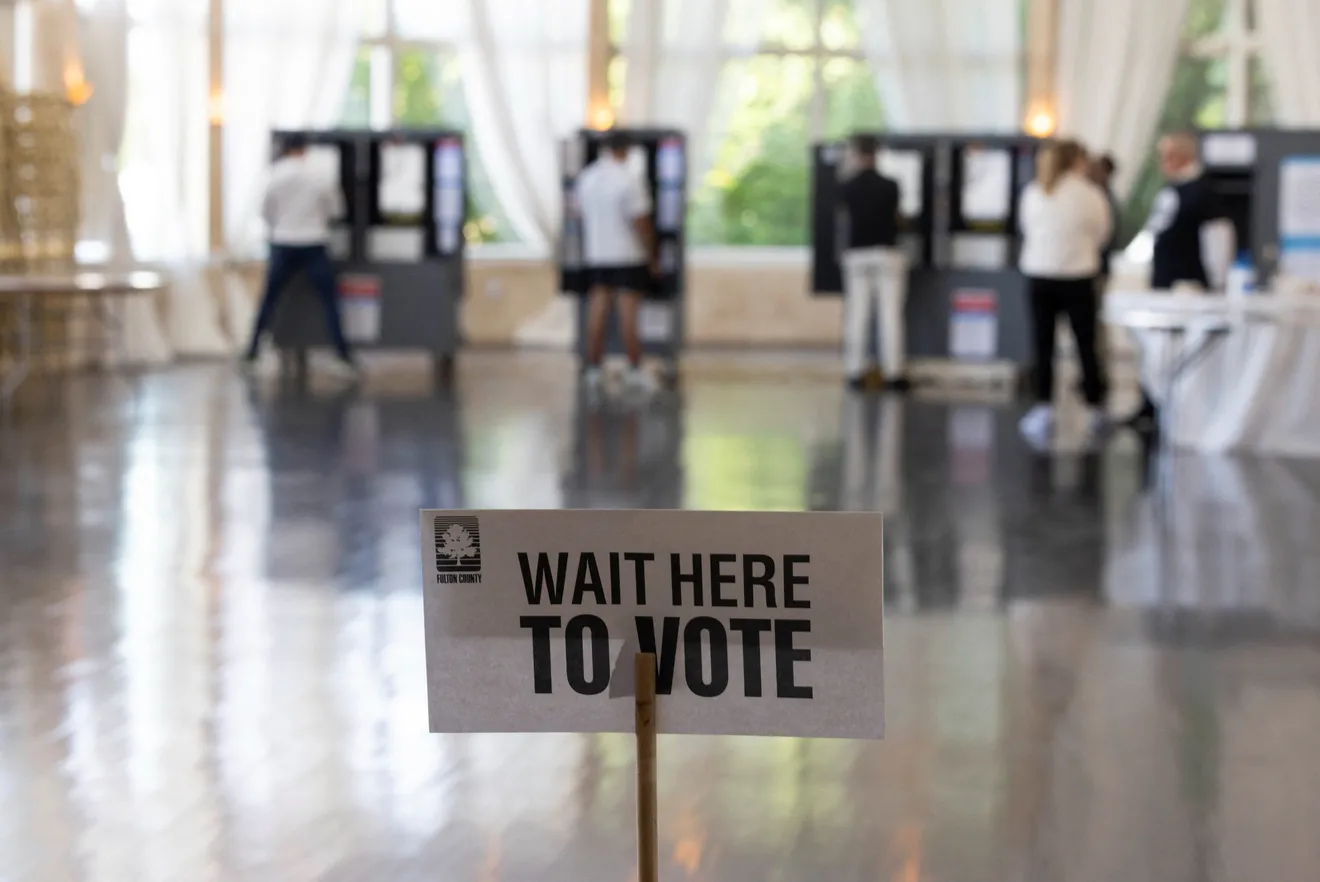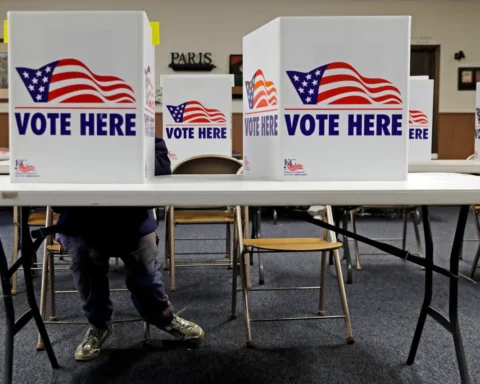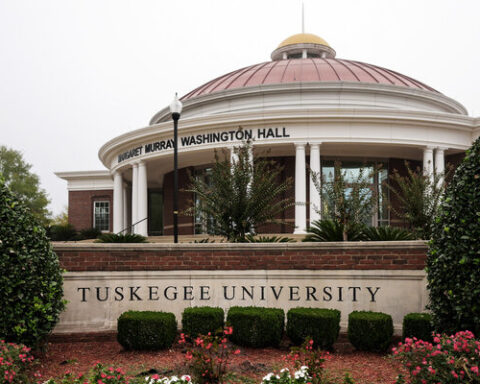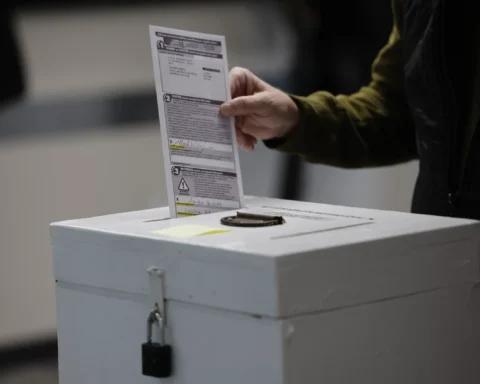By Maya Homan
Candace Smith did everything right.
During the May 2024 state primary in Georgia, the Atlanta attorney voted early, giving herself time to sort out any issues that might occur and ensure that her vote would be counted.
But on Election Day, when she went to check her ballot status online, a warning popped up. Someone had submitted a challenge to her voter registration status.
“I found it shocking,” Smith said, adding that she has been an active voter in Fulton County for decades, and that the challenge did not include any reason or evidence. “Nothing about it made any sense.”
Smith, an attorney and longtime proponent of voting rights efforts in Georgia, was well positioned to advocate for her rights. She quickly contacted the Fulton County Elections Office, raising the issue to a supervisor to make doubly sure that her ballot had counted. But for the average person, she said, encountering a voter challenge could pose an insurmountable barrier. Had she less time or knowledge about the complex web of election infrastructure, she said, “that might be an issue that prevented me from voting, and it also might be something that would deter me from bothering in the fall.”
Citizen voter challenges, once an obscure practice, have transformed into a mass movement in Georgia, with conservative activists challenging hundreds of thousands of voter registrations in the last several years. Often, the waves of voter challenges coincide with competitive, high-profile elections, with election conspiracy theorists using complaints of rampant voter fraud to cast doubt on election results. Voters of color — and Black voters in particular — have been disproportionately impacted by these vast disenfranchisement campaigns.
And voting rights experts say a newly-passed election law, known as SB 189, is likely to make the problem worse.
The evolution of voter challenge laws
Challenging a voter’s registration is nothing new. Almost every state in the country has laws allowing residents to notify local election boards if a resident is found to be voting improperly. In Georgia, citizen campaigns to challenge election registration date back to the 1940s, when white supremacists mobilized to prevent Black voters from accessing the polls. In modern times, however, these laws had not posed any widespread barriers to voters until recently.
“Voter challenge laws were originally intended for a bit of a different era,” said Andrew Garber, a lawyer at the Brennan Center for Justice who has been tracking mass voter challenges since 2021. “It was a way for one person to be able to say, ‘I have personal knowledge that someone is presenting to vote who is no longer eligible.’”
But in recent years, state legislators have passed sweeping election law changes, giving election conspiracy theorists greater power to challenge their fellow voters. SB 202, a 2021 election bill, codified the ability for any one person to challenge an unlimited number of voter registrations. Voting rights organizations have largely considered mass challenges to be voter intimidation tactic.
“It can be scary as a voter to learn that your name is on some list claiming you’re not eligible to vote,” Garber said, adding that being challenged can “make it more likely that people will ultimately not be able to vote or choose not to vote.”
In the years since SB 202 took effect, a few conservative activists have filed sweeping challenges, accusing hundreds of thousands of Georgia residents of being improperly registered to vote. The emergence of technology like EagleAI allows activists to comb through massive datasets like the National Change of Address Database, identifying people whose registration may contain errors and submitting those discrepancies to local election officials as evidence of malfeasance.

